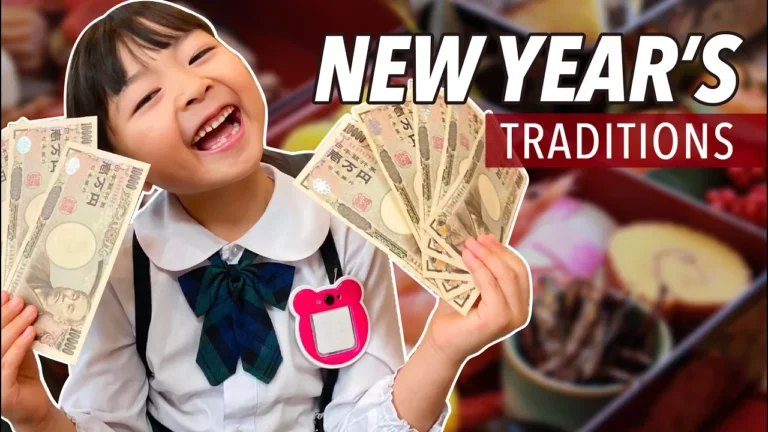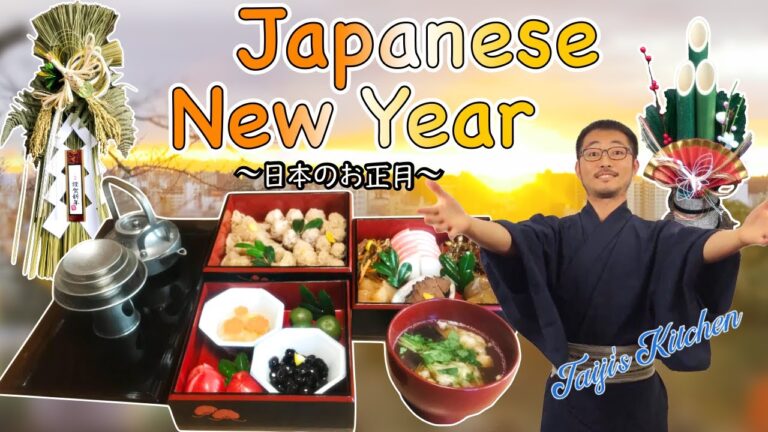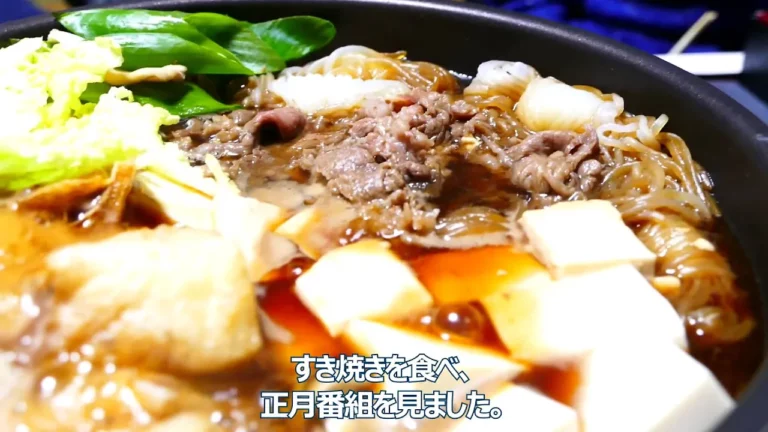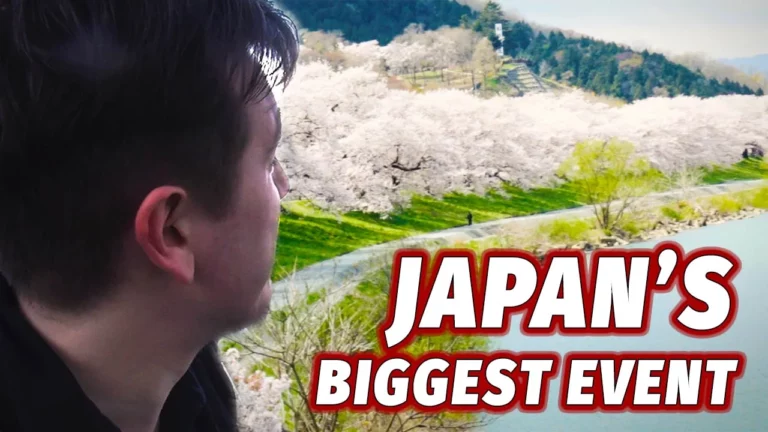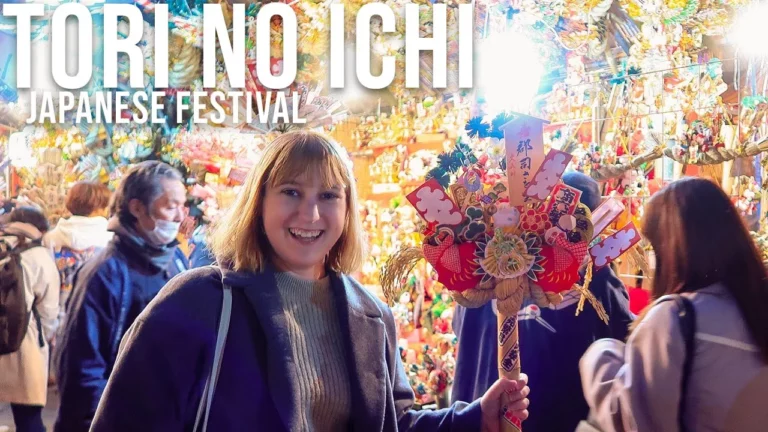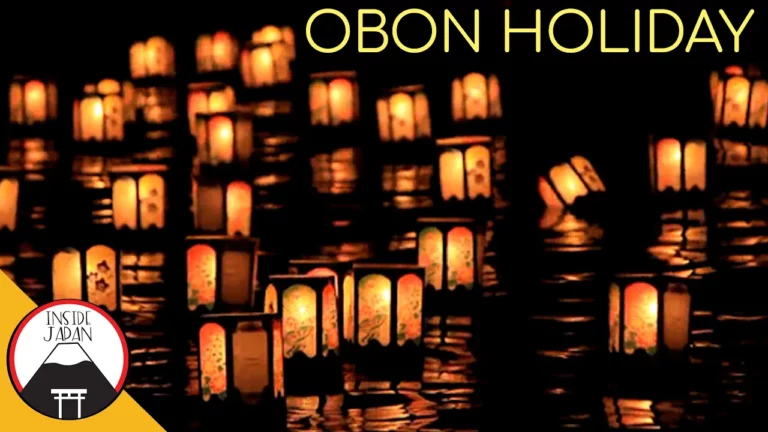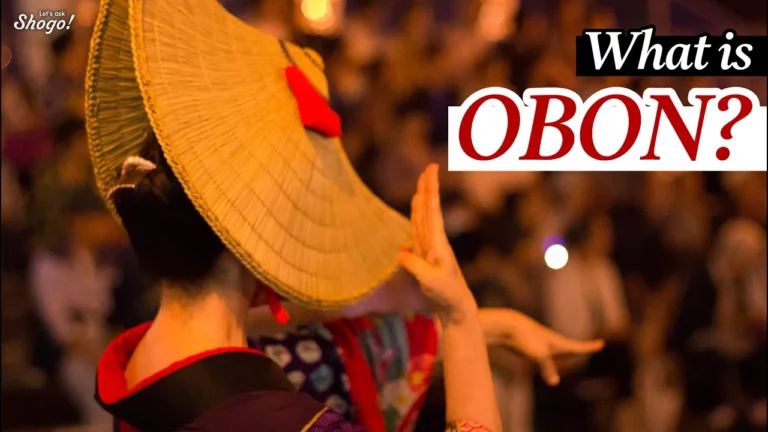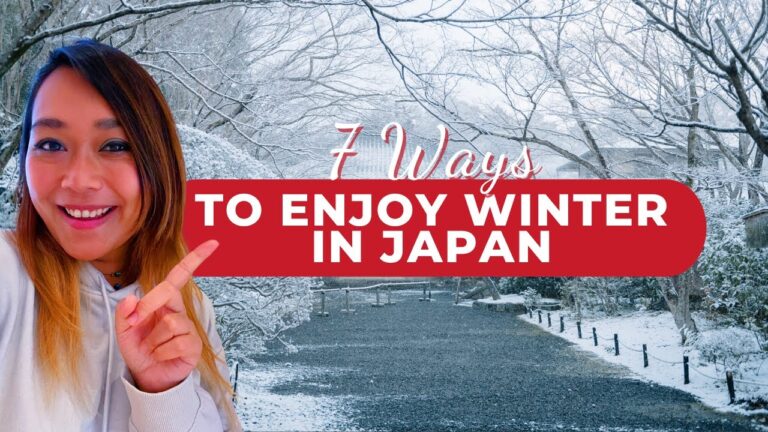Japanese New Year, known as ‘Shougatsu’, is a time filled with unique traditions and customs that hold significant cultural importance. As the calendar turns from one year to the next, Japanese people engage in various activities to welcome the New Year and ensure good fortune for the months ahead.
One of the notable customs associated with Japanese New Year is ‘Hatsuhi-no-de’, which refers to witnessing the first sunrise of the year. Considered a special event, many individuals wake up early to observe the sunrise, symbolizing new beginnings and hope for the future.
Another key tradition is ‘Hatsumoude’, which involves visiting a shrine for the first time in the New Year. This practice holds deep spiritual significance for many Japanese people, reflecting a sense of renewal and reverence as they pay their respects and make wishes for the coming year.
‘Hatsuyume’, or the first dreams of the year, is believed to carry symbolic meaning. According to tradition, dreams featuring Mount Fuji, a hawk, or an eggplant are considered auspicious and indicative of good fortune. These dreams, known as ‘hatsuyume’, are thought to offer insights into what the future may hold.
Furthermore, the concept of ‘Hatsuuri’ revolves around the first sales and purchases made in the New Year. New Year sales, often accompanied by ‘fuku-bukuro’ containing surprise items, attract crowds looking to start the year with good deals and luck.
‘Zouni’, a traditional New Year soup containing mochi and various ingredients, is a favorite dish enjoyed during this festive season. Alongside ‘Osechi’, a assortment of symbolic foods served in decorative boxes, ‘Zouni’ adds a flavorful touch to New Year celebrations.
As Japanese New Year is rich in cultural nuances and symbolism, exploring these traditions offers insights into the values and beliefs cherished by the Japanese people. Whether partaking in ‘Kakizome’ calligraphy or receiving ‘Otoshidama’ monetary gifts, each custom contributes to the tapestry of Japanese New Year festivities.
In essence, the traditions of Japanese New Year serve as a time-honored reflection of history, spirituality, and community, embodying the essence of renewal and hope for the year ahead.


